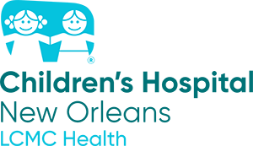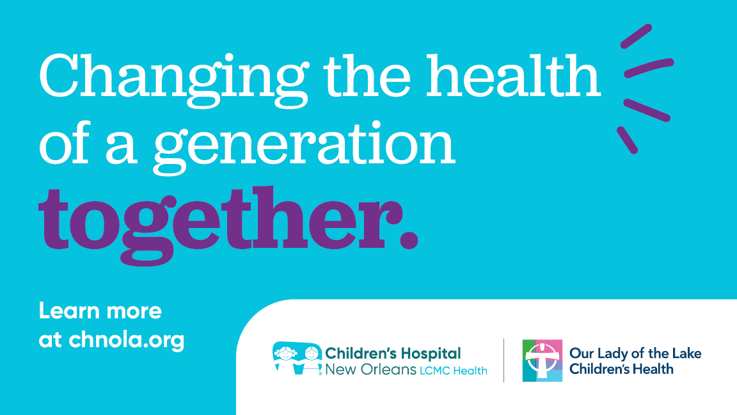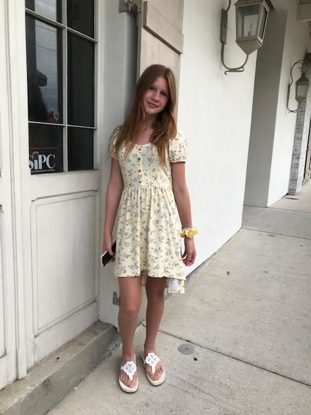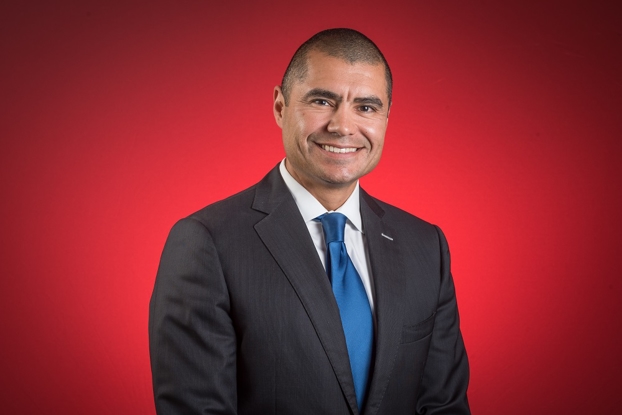Meet Brooke Proctor: How I support our patients and their families in the Heart Center
- Category: Cardiology, General Health
- Posted on:

For as long as she can remember, Brooke Proctor always knew she wanted to work with children. With her skill set and caring personality, it was naturally fitting for her to help children and families faced with difficult and stressful situations. Fueled by this passion and after doing much research, soon enough, Brooke found the profession that would change her life, as much as her patients.
“I wanted to become a child life specialist,” said Brooke. “Before completing my bachelor’s degree in Family and Consumer Sciences with a concentration in Child Life from Southeastern Louisiana University, I pursued two child life practicums – one in Louisiana and one in Cape Town, Africa – where I shadowed child life specialists in their daily work. Theses observational experiences helped me become more familiar with this field, the needs of hospitalized children and families, and develop the skills I needed to become a certified child life specialist. I also completed a 600-hour internship at Newark Beth Israel Children’s Hospital in New Jersey. As I pursue my master’s degree in child life at Southeastern Louisiana University, I work full time with the patients and families in the Heart Center at Children’s Hospital New Orleans.”
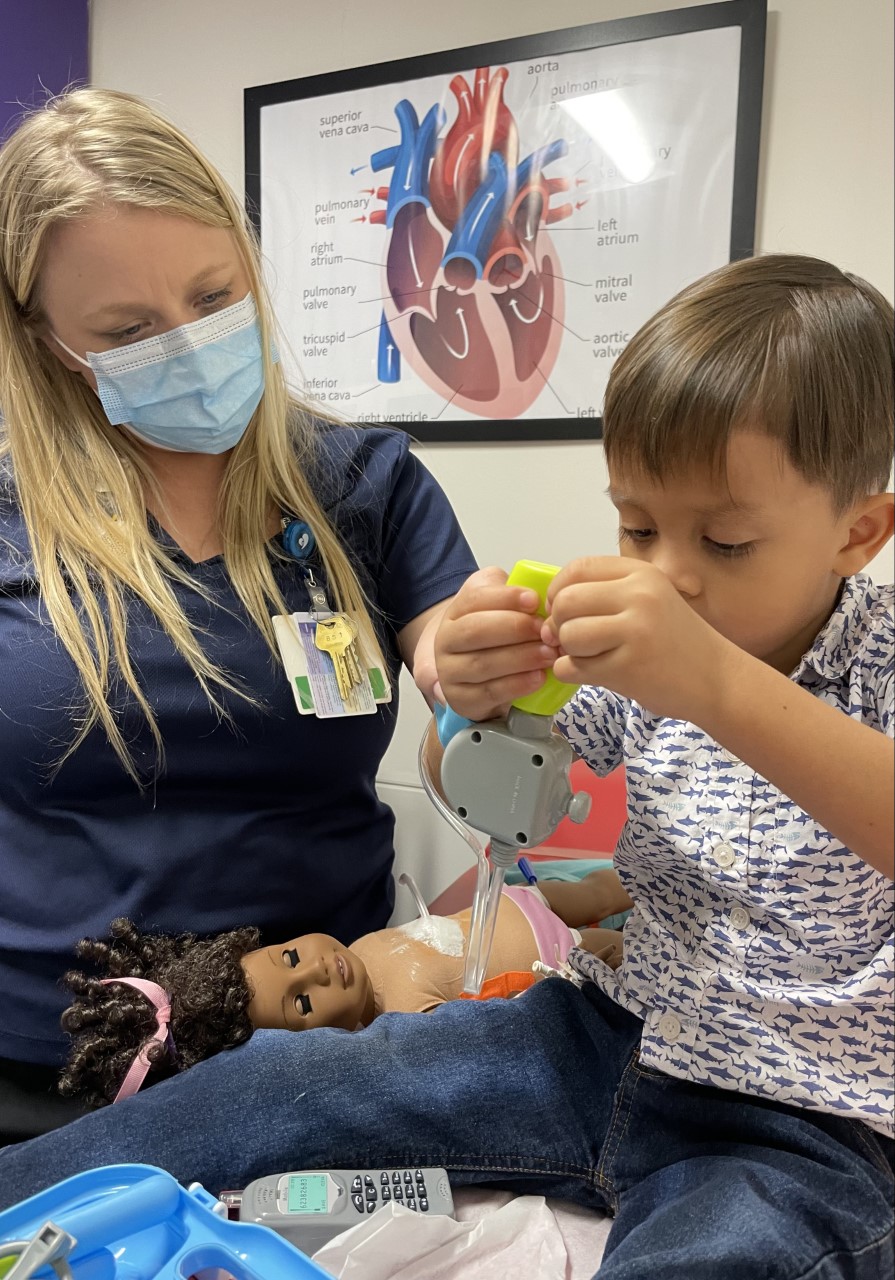 As a child life specialist, Brooke works with courageous and resilient superheroes who need life-saving surgery to heal their fragile hearts. In the cardiac intensive care unit, she sees many patients with various heart defects that need multiple surgeries over time. From the tiniest of patients – newborn babies – to young adults up to 21, she has seen the mental and emotional impact that heart defects can have on children and their families.
As a child life specialist, Brooke works with courageous and resilient superheroes who need life-saving surgery to heal their fragile hearts. In the cardiac intensive care unit, she sees many patients with various heart defects that need multiple surgeries over time. From the tiniest of patients – newborn babies – to young adults up to 21, she has seen the mental and emotional impact that heart defects can have on children and their families.
Heart defects are the number one birth defect in the United States. When a child needs heart surgery, Brooke is with them every step of the way as that extra layer of support patients and families rely upon. Understandably, most children are nervous and scared before a procedure, which are normal emotions for a child to experience. To reduce their stress and anxiety, Brooke provides education for patients and families on what to expect before and after surgery and provides coping support during procedures to make the child’s experience less scary and more tolerable. In an age-appropriate and caring way, she explains to them what will happen during surgery and prepares them for what medical equipment will be on their body after surgery.
“Children are naturally curious about the world around them and explore through their senses,” said Brooke. “To familiarize our patients with the tubes and lines they will see when they come out of surgery, I use a customized teaching doll that is outfitted with a real chest tube, IV and other medical equipment. They can touch the medical equipment to learn more about its use and purpose. By engaging patients in play, they are better prepared for what to expect. For instance, when they see IV lines and catheters on their body after surgery, it won’t be a total shock to them. Play is the universal language for kids and that’s how I communicate with them. The doll is a great facilitator to start these conversations. It is a visual learning tool. Brooke also uses her assessment skills to determine what will work best for each patient and family.
Brooke’s role doesn’t stop after a child has surgery. She continues to support the patient and their family during recovery. She helps children with non-pharmacological pain management and creates coping plans that offer encouragement and motivation. In addition, Brooke helps parents and siblings cope with the emotional needs.
“The hospitalization of a child can be difficult for family members, including the patient’s siblings,” said Brooke. “We help siblings of various ages understand and cope with the hospitalization. Our goal has always been to implement a family-centered care approach. Currently, many of my patients are infants, so I create opportunities for bonding and memory making. I utilize activities that siblings can do with the patient, and that helps them bond. If they are struggling to cope, I work with the parents to find ways that we can implement positive coping strategies. If a child can’t be with their sibling in person, we find virtual ways to cultivate that bond until their sibling is well enough to go home.”
Brooke says the heart-warming patient success stories that come out of the Heart Center, and the lasting relationships that develop over time with these families, is something she finds incredibly rewarding, and one that continually reaffirms why she decided to become a child life specialist.
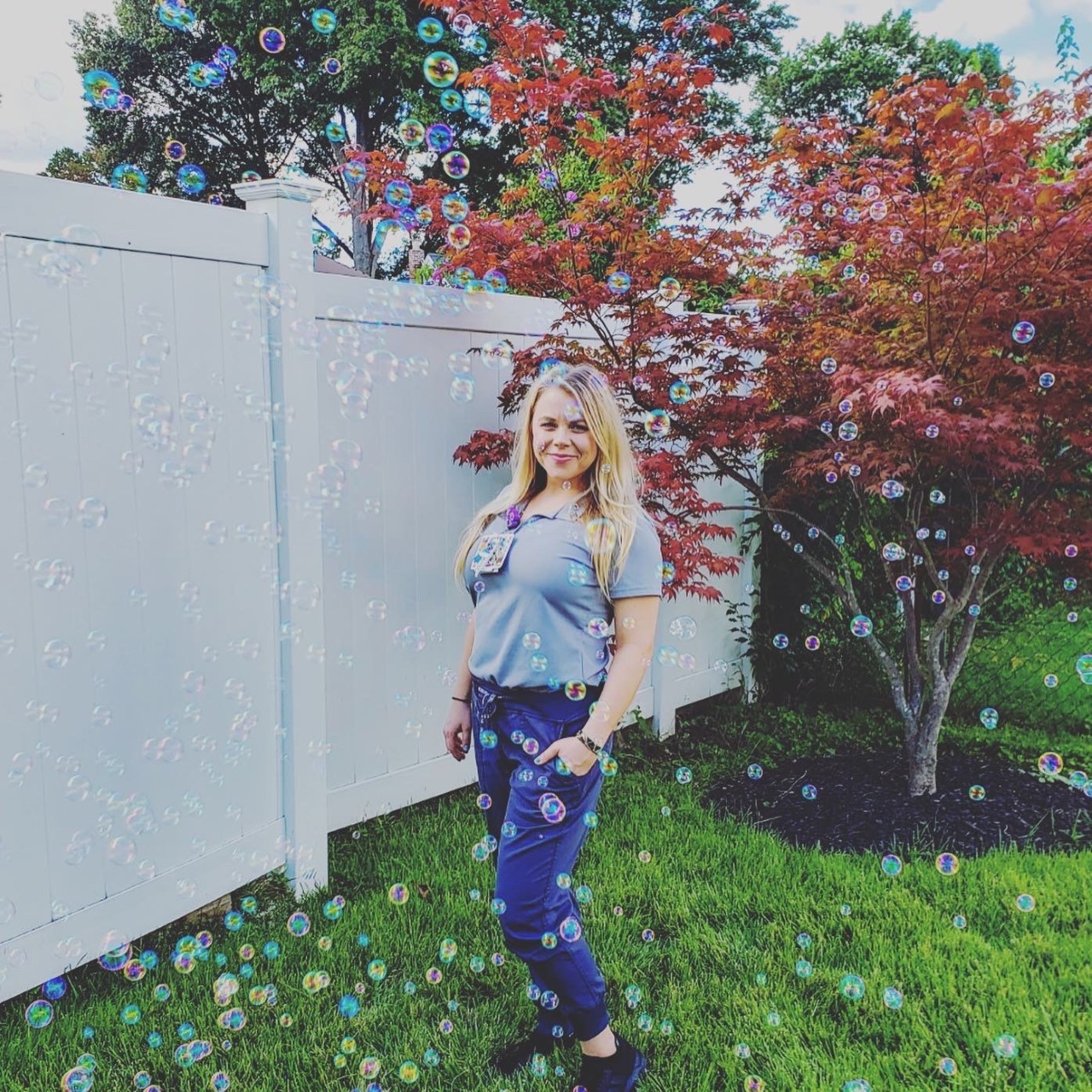 “One thing that drew me to the Heart Center is the strength and resiliency of our patients and the continuity of their care,” said Brooke. “After heart surgery, we see these patients multiple times throughout their lives. They come to our clinic for regular visits, and over time, we build relationships with them and their families. Brooke gets extremely touched to see patients leaving the hospital with a big smile on their face. For our critically ill and longer-term patients who have been here since birth, our child life team plans a celebratory send off for them. We get the staff together and shake our pom poms and cheer them on as they head home. But along with these success stories, there are times where the outcome is different. As child life specialists, we provide support for bereaved family members as well. When families show their gratitude and appreciation for all that we do, it brings fulfillment to my heart.”
“One thing that drew me to the Heart Center is the strength and resiliency of our patients and the continuity of their care,” said Brooke. “After heart surgery, we see these patients multiple times throughout their lives. They come to our clinic for regular visits, and over time, we build relationships with them and their families. Brooke gets extremely touched to see patients leaving the hospital with a big smile on their face. For our critically ill and longer-term patients who have been here since birth, our child life team plans a celebratory send off for them. We get the staff together and shake our pom poms and cheer them on as they head home. But along with these success stories, there are times where the outcome is different. As child life specialists, we provide support for bereaved family members as well. When families show their gratitude and appreciation for all that we do, it brings fulfillment to my heart.”
Besides supporting patients and families, Brooke’s role is crucial in other ways, too. Everything she and the child life team does at Children’s Hospital centers on patient experience. Throughout the year, the hospital collects feedback from patient families to get a better understanding of how they experience their care with us, and to see how our results compare with other children’s hospitals.
“As a child life specialist, my job is important because what I do impacts our patient satisfaction scores related to things like pain management, coping skills, and care coordination which influence clinical outcomes for our patients,” said Brooke. “I collaborate with doctors, nurses, social workers, and other members of the care team to consistently provide quality care that our patients and families expect from us. I want to ensure every patient and family I meet has the best possible experience at our Heart Center.”
To learn more about our Child Life Team at Children’s Hospital New Orleans, visit our website:
Child Life & Creative Therapies | Children’s Hospital New Orleans (chnola.org)
